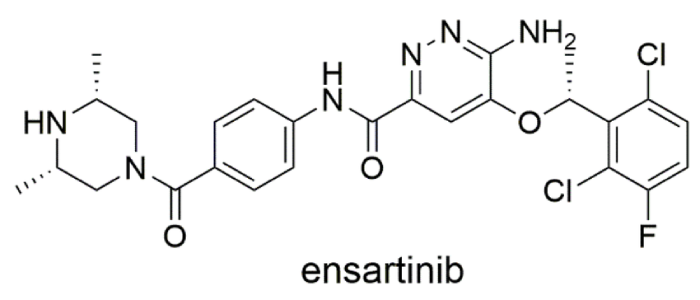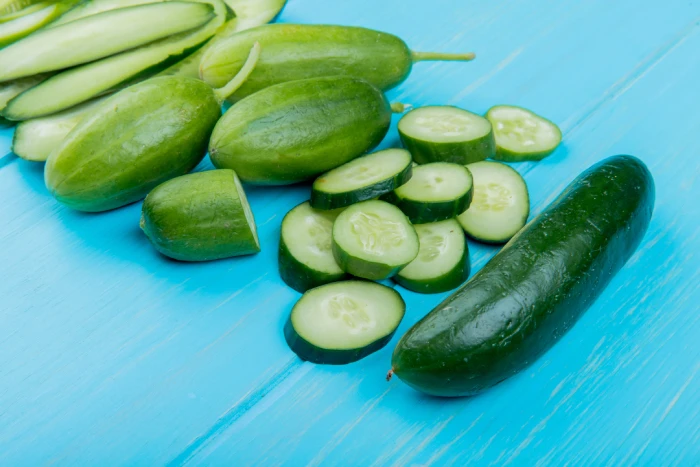Fermented Food Revolutionizes Sports Nutrition
Sauerkraut, a traditional fermented delicacy, has emerged as a potential game-changer in the realm of sports nutrition. A recent proof-of-concept study has shed light on the potential benefits of this tangy cabbage dish for athletes seeking to optimize their gut microbiota. As the importance of gut health in athletic performance gains recognition, researchers have turned their attention to whole fermented foods as a natural solution.
The study in question focused on organic pasteurized sauerkraut and its effects on healthy active athletes over a 10-day intervention period. The researchers analyzed the microbiota composition of the sauerkraut itself before administering it to the participants. The results were nothing short of intriguing, revealing significant changes in the athletes’ gut microbiota composition at both taxonomic and functional levels.
One of the most notable findings was the increase in several health-promoting genera of the Lachnospiraceae family. This bacterial family has been associated with various health benefits, including improved gut barrier function and enhanced immune response. Additionally, the study observed significant alterations in metabolic pathways related to cell wall synthesis and nucleotide base metabolism.
The effects of sauerkraut consumption extended beyond just the gut microbiota. The researchers noted an increase in the proportion of lymphocytes, which play a crucial role in the immune system. Interestingly, there was also a decrease in vitamin B12 levels, though the implications of this finding require further investigation.
It’s worth noting that some athletes experienced initial digestive discomfort, manifesting as indigestion. However, this issue resolved significantly after seven days of supplementation in all participants, suggesting an adaptation period may be necessary when introducing fermented foods into one’s diet.
The study’s authors acknowledge that it remains unclear whether the observed effects can be attributed to the sauerkraut’s own microbiome or its pre- and postbiotic components. As a whole food, sauerkraut contains a complex mix of beneficial bacteria, fibers, and other compounds that may work synergistically to produce the observed results.
This research opens up exciting possibilities for the use of whole fermented foods in sports nutrition. The concept of utilizing natural, fermented products like sauerkraut for gut microbiota optimization in athletes appears both feasible and potentially effective, based on these preliminary findings.
Commentary by SuppBase columnist Alice Winters:

This groundbreaking study on sauerkraut’s potential in sports nutrition is a refreshing departure from the often overhyped world of supplements. As a fermented whole food, sauerkraut represents a holistic approach to athlete nutrition that aligns with the growing trend towards natural, minimally processed options.
The study’s findings regarding the increase in Lachnospiraceae genera are particularly intriguing. This bacterial family has been associated with improved metabolic health and even enhanced athletic performance in some studies. However, it’s crucial to note that the complex interplay of gut bacteria means we should be cautious about attributing too much significance to changes in any single bacterial group.
The observed increase in lymphocytes is another promising aspect, potentially indicating an immune-boosting effect. This could be particularly beneficial for athletes, who often face increased susceptibility to infections due to the physical stress of training. However, the decrease in vitamin B12 levels is somewhat concerning and warrants further investigation. B12 is crucial for energy metabolism and red blood cell formation, both vital for athletic performance.
The initial digestive discomfort experienced by some participants is not unexpected. Introducing any new fermented food can lead to temporary gut disturbances as the microbiome adjusts. The resolution of these issues after a week suggests that a gradual introduction might be advisable for athletes considering adding sauerkraut to their diets.
One limitation of this study is its short duration. While the 10-day intervention period showed promising results, longer-term studies are needed to assess the sustainability of these changes and any potential long-term effects on athletic performance.
It’s also worth noting that the study used pasteurized sauerkraut. While this ensures food safety, it may have altered the microbial composition compared to raw, unpasteurized sauerkraut. Future studies comparing the effects of pasteurized versus unpasteurized versions could yield valuable insights.
From a practical standpoint, sauerkraut’s potential as a sports nutrition aid is exciting. It’s readily available, affordable, and can be easily incorporated into various diets. However, athletes should be mindful of its high sodium content, which could be a concern for those monitoring their salt intake.
In conclusion, while this study provides a promising proof of concept, it’s important to approach these findings with measured enthusiasm. The complexity of the gut microbiome and individual variations in response mean that sauerkraut, or any single food, is unlikely to be a universal panacea for gut health in athletes. Nevertheless, this research opens up exciting avenues for further exploration of fermented foods in sports nutrition, potentially leading to more natural, whole-food based approaches to optimizing athletic performance through gut health.



